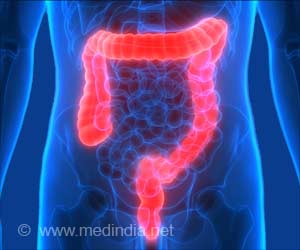FAQs on Low FODMAP Diet: Guide for Irritable Bowel Syndrome Relief
1. What is the Low FODMAP Diet?The
2. Who should follow a Low FODMAP Diet?
The diet is primarily recommended for individuals with IBS or those experiencing chronic digestive symptoms like bloating, gas, and diarrhea. It's best to consult with a healthcare provider before starting the diet.
3. What foods are restricted on a Low FODMAP Diet?
Common high FODMAP foods include certain fruits (like apples and pears), vegetables (such as onions and garlic), dairy products, wheat-based products, legumes, and sugar alcohols like sorbitol and xylitol.
4. Can you eat fruits on a Low FODMAP Diet?
Yes, but only certain fruits. Low FODMAP fruits include bananas, blueberries, strawberries, oranges, and kiwi. High FODMAP fruits like apples, pears, and watermelon should be avoided.
5. Is dairy allowed on a Low FODMAP Diet?
Some dairy products are high in lactose, a FODMAP, and should be limited. However, lactose-free dairy products and certain cheeses (like cheddar and brie) are low FODMAP and can be consumed.
6. How long should you follow the Low FODMAP Diet?
The diet typically has three phases: elimination (2-6 weeks), reintroduction (6-8 weeks), and personalization. After the elimination phase, foods are gradually reintroduced to identify specific triggers.
7. What are some Low FODMAP alternatives to common high FODMAP foods?
Instead of wheat-based bread, try gluten-free or spelt bread. Replace high FODMAP fruits with low FODMAP options like strawberries and kiwi. Use lactose-free milk or almond milk instead of regular cow's milk.
8. Can the Low FODMAP Diet help with other conditions besides IBS?
While primarily used for IBS, some individuals with other digestive disorders like small intestinal bacterial overgrowth (SIBO) or functional dyspepsia may also benefit. Consult a healthcare provider for personalized advice.
9. Are there any risks associated with the Low FODMAP Diet?
The diet can be restrictive and may lead to nutrient deficiencies if not properly managed. It's important to follow the diet under the guidance of a dietitian to ensure nutritional adequacy.
10. How can I get started on the Low FODMAP Diet?
Begin by consulting a healthcare provider or dietitian. They can provide guidance on the elimination phase, help you identify high FODMAP foods, and support you through the reintroduction and personalization phases.










